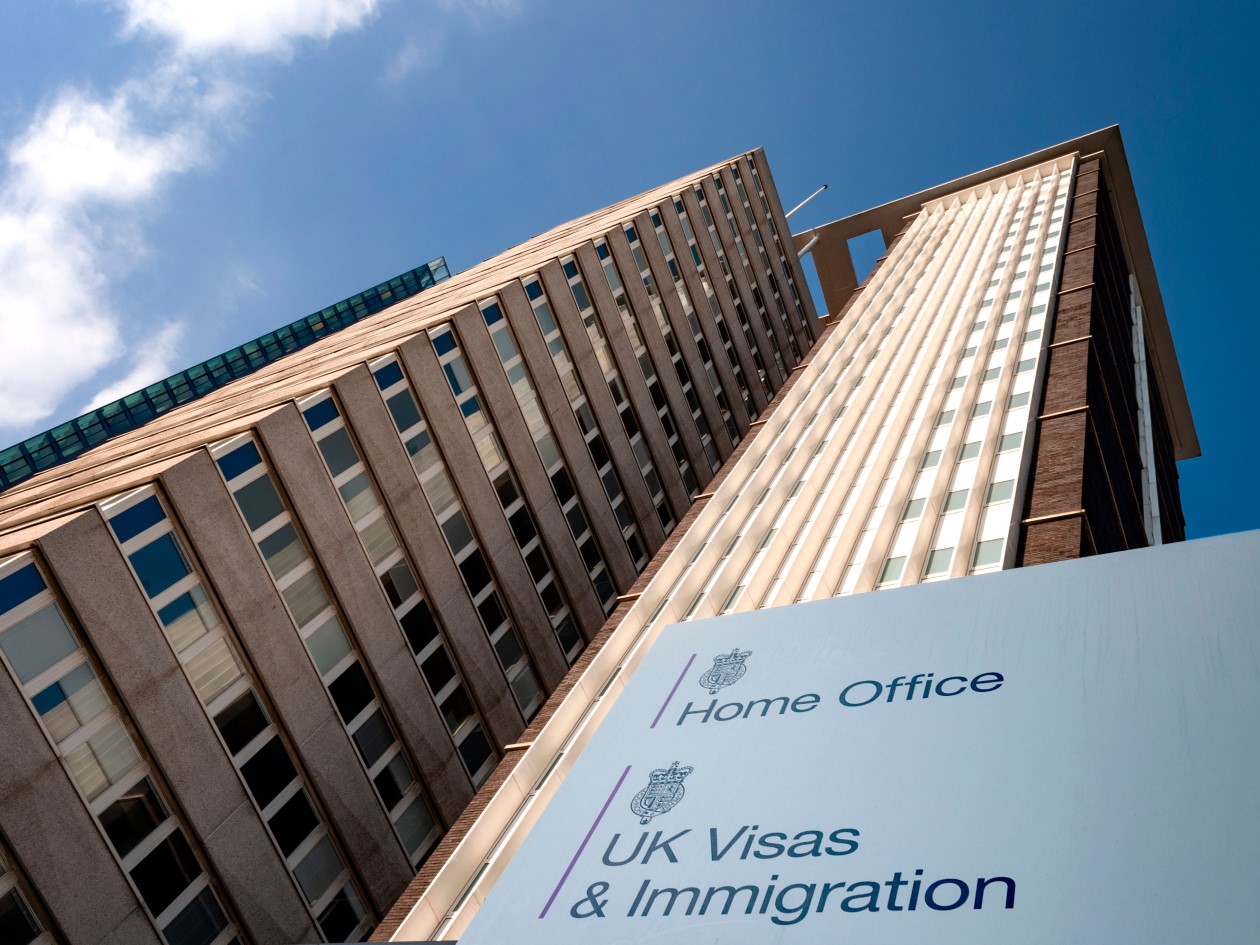When the media started covering what became known as the Windrush scandal in 2017, they highlighted individual stories, such as that of Paulette Wilson, the first case to make headlines, who told the Guardian newspaper “I couldn’t eat or sleep”.
But what did the policy, and coverage of it, mean for others? I and a team of researchers from UCL, Imperial College London and LSE wanted to know whether there were population effects – in other words: did other people from Black Caribbean backgrounds have worse mental health, too?
Our thinking
We know that inequalities arising from social factors such as poverty, unemployment, and housing insecurity are strongly linked to poor mental health – and there is evidence that people from minoritised ethnic backgrounds are disproportionately affected. (‘Minoritised’ refers to the fact that ethnic groups that are minorities in the UK may not be minorities globally, and that people don’t have to be in a minority to have less power.)
This research asked whether the mental health of people from minoritised ethnic groups (Black Caribbean, Black African, Indian, Bangladeshi, Pakistani) was disproportionately affected by the law and the resulting coverage, compared to people from White ethnic backgrounds. Our hypothesis was that people from Black Caribbean backgrounds would be the most affected. We also thought that the effects would be more pronounced among first-generation Black Caribbean migrants living in the UK than those who were UK-born, because they were at greater risk of being falsely identified as undocumented (after immigration records were lost in 2010). We thought mental health would be worse for those people from Black Caribbean backgrounds who had lower incomes, because they would be less able to cope with some of the effects of the ‘hostile environment’, such as losing jobs, lack of housing security, or the need to pay for legal advice.
Using the data
We used Understanding Society data to compare general health questionnaire (GHQ-12) scores for people from Black Caribbean, Black African, Indian, Bangladeshi, and Pakistani backgrounds with GHQ scores from White people. We looked at three periods:
- before the Immigration Act 2014 (using data from Waves 1-6)
- between then and the start of the Windrush scandal media coverage in 2017 (Waves 4-9)
- after the media coverage started (Waves 8-12).
We looked at 58,087 people in all – 2,519 Black African, 2,197 Black Caribbean, 3,153 Indian, 1,584 Bangladeshi, 2,801 Pakistani, and 45,833 White. (We didn’t include data from after the Covid lockdowns began, because these had disproportionate adverse effects on mental health in minoritised ethnic groups.)
We took into account several factors which might affect people’s mental health, and their exposure to the effects of the Immigration Act 2014 and the media coverage, including: sex, age, relationship status, education level, and income.
What we found
We saw an increase in psychological distress in first-generation migrants from Black Caribbean backgrounds after the Immigration Act 2014, relative to the White group. There was no change at first for Black Caribbean people born in the UK, but their psychological distress increased compared to the White group after media coverage began in 2017.
We didn’t see any changes in psychological distress by migrant status for any other minoritised ethnic group, apart from an increase in psychological distress after 2014 in UK-born Black African people in the study.
We also didn’t see any difference between results for Black Caribbean people depending on their income. We thought the effects on mental health would be greater for those who were from lower-income households, but didn’t see evidence for this – although this is likely to be because there were not enough people from Black Caribbean backgrounds living in high income households to have a sufficient sample size for the statistical analysis.
What the results mean
Our findings show that political policies can produce mental health inequalities, and can also perpetuate existing inequalities, and make them worse. Also, the mental health inequalities we saw after both 2014 and 2017 persisted for several years.
It’s important to point out that we could only investigate the kinds of psychological distress measured by the GHQ-12, which doesn’t look at feelings of disempowerment, injustice or ‘moral injury’ (caused by witnessing events that contradict our moral beliefs and expectations). Also, we couldn’t see whether people had been directly affected by the policies, or whether there was an effect on mental disorders that meet the criteria for a clinical diagnosis.
Nonetheless, our findings show that mental health was harmed at a population level, backing up previous findings that seeing bad news about people from one’s own (minoritised) ethnic background is linked to mental ill health. This is some of the first evidence that the ‘hostile environment’ had a causal effect – increasing psychological distress for Black Caribbean people in the UK. These are people who are already at greater risk of being diagnosed with serious mental illnesses, more likely to be ‘sectioned’ under the Mental Health Act, and to be treated differently when diagnosed.
Implications for policy
Our findings have implications for policy in two ways. Firstly, for those directly affected, this research is a call for strategies to undo the health injustices associated with the Windrush scandal. Even though the Home Secretary has apologised to some of those directly affected, this was only to people who were wrongly deported. Others lost jobs, incomes and benefits, housing, and access to public services – all of which have been strongly linked to poor mental health.
These results should also guide policy makers who are putting together any new policy which might affect social justice and equality in public health. In future, we think policy makers should consider not just the immediate expense of any new policy, but the future costs of any mental health resources which might be needed as a result of their decisions.
Governments need to carry out impact assessments to see if their policies will affect mental health, either positively or negatively – and they should aim to reduce inequalities related to ethnicity or any other protected characteristic.
Authors





